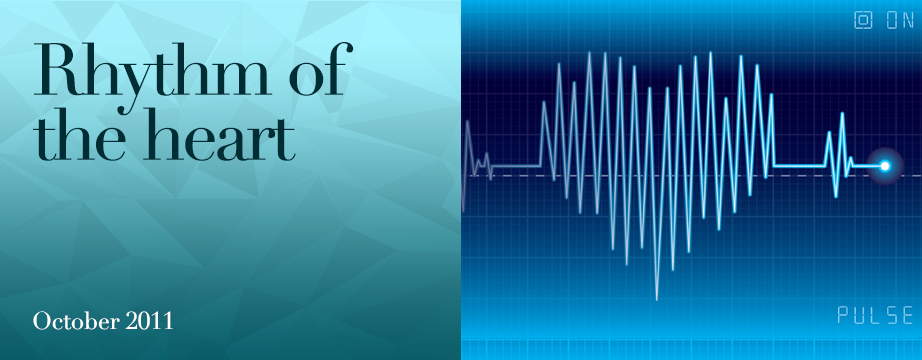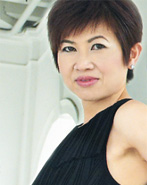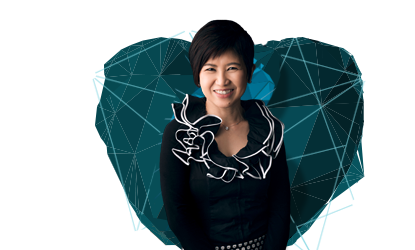
| ArrhythmiA is when our heArt goes off-beAt And this cAn be A sign of ill-health. |
| Arrhythmology is the study of arrhythmias, a condition to describe disorders of the heart’s electrical system or “heart rhythmâ€. A medical professional who specializes in the diagnosis and treatment of cardiac arrhythmias is known as a cardiac electrophysiologist or arrhythmologist. |
| “Electrophysiology†is the study of body processes and functions related to the flow of electricity in the body. A branch of Cardiology, Cardiac Electrophysiology, deals with the electrical system of the heart. |
| The heart is an extremely complex organ and can be considered as a system of electrical wiring providing electrical current to sustain pumping. There are many causes of Arrhythmia. These include: |
|
| Typical symptoms of Arrhythmia would be heart palpitations, fainting spells or blackouts. During the check-up with an Electrophysiologist, the specialist would perform an electrocardiogram (ECG) to check for any abnormality with the heart rhythm and diagnose if the patient is experiencing Arrhythmia. |
| Typical abnormalities that may be discovered are: |
|
| Occasionally, when an arrhythmia is continuous for days or weeks, there is a high risk of heart failure or weakening of the heart’s pumping function. Signs of heart failure include breathing difficulties or swelling of the legs. A particular type of Arrhythmia called ventricular tachycardia or ventricular fibrillation is the cause of sudden cardiac death. |
| Common treatments for Arrhythmia include medication, catheter ablation or implantation of devices to treat and regulate abnormal heart rhythms. |
| Medication is usually the first line of treatment. It may be less risky, but may have side effects specific to the type of medicine. |
| Catheter ablation is invasive, but provides cure in most cases and can treat both Supraventricular or Ventricular Arrhythmias. |
| Device implantation (pacemaker) is the only form of treatment for slow heart rhythms that cause symptoms (heart block or sick sinus syndrome). Medication is not appropriate in these situations. |
| Another type of device called the implantable defibrillator (ICD) is used to treat ventricular tachycardia or fibrillation. It is implanted in the heart, and automatically detects and shocks the heart back to its normal rhythm. |
| Sometimes, a combination of all three forms of treatment (medication, ablation and device) may be necessary. Arrhythmia problems are extremely complex, and treatment must be tailored for each individual patient. |
| Our heart is the engine to our entire body’s functions and we should seek professional advice for problems related to our heart. Never take dizzy spells and heart palpitations lightly – you may be suffering from Arrhythmia. Seek treatment early to avoid life- threatening situations before the heart fails to beat. |
 DR RUTH KAM
DR RUTH KAMCardiologist
MBBS (Singapore)
MRCP (Int Med) (UK)
M Med (Int Med) (Singapore),
FAMS (Cardiology), FRCP (Edin)
Ruth Kam Heart and Arrhythmia Clinic
1 Farrer Park Station Road, #07-11 Connexion
Farrer Park Medical Centre, Singapore 217562
Tel: 6443 0468
www.arrhythmia.com.sg
1 Farrer Park Station Road, #07-11 Connexion
Farrer Park Medical Centre, Singapore 217562
Tel: 6443 0468
www.arrhythmia.com.sg



